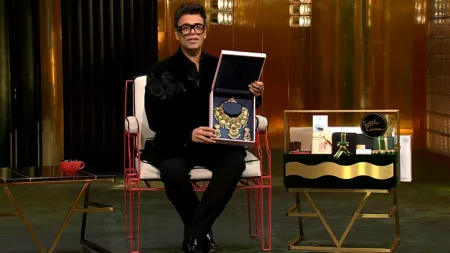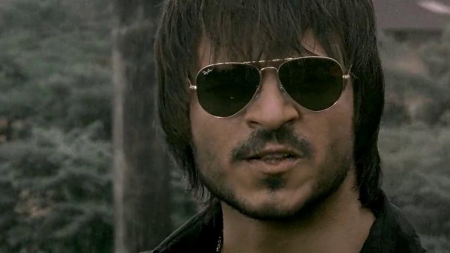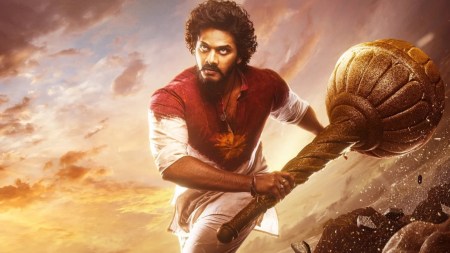RJ Balaji‘s Singapore Saloon begins as a tale of two friends, Kathir (RJ Balaji) and Basha (Kishen Das), in a picturesque village. As long as the film revolves around these two and their bond with the neighborhood barber Chacha (Lal), who operates Singapore Saloon, it is a comedic delight with well-written and heart-touching moments. The narrative even beautifully explores how Chacha becomes the boys’ best friend. Chacha is the one who does circumcision of all Muslim boys, and he also shaves the heads of all the Hindu boys in the village.
The two boys end up becoming the victims of their respective cultures and swear revenge upon Chacha. But gradually, their anger transforms into affection for this charismatic man with a magical touch when it comes to scissors and comb. Kathir develops a fascination for the art of hair styling, learning the skill from Chacha. Let’s label this part of the film as Saloon Paradiso. It’s comparable to the midway feeling during a haircut—unfinished yet promising. If only men had the courage to halt haircuts midway, it could prevent post-haircut trauma. Unfortunately, by the film’s completion, it evokes a similar feeling of regret, akin to the aftermath of an overdone haircut.

The film remains a heartwarming drama as long as it focuses its lens on the two friends and Chacha. It also has a brilliantly written father character (played by Thalaivasal Vijay), who is rational and emotional at the same time. Then comes the second half. The horror, and the never-ending tears.
Kathir pursues engineering to secure a fallback option before pursuing his passion for hair styling, and he quickly becomes a well-paid hair stylist. Then the film introduces a new character, Kathir’s penny-pinching father-in-law (Sathyaraj). The humour during this part of the film is a hit-or-miss. Rabo Shankar’s appearance offers more of the latter; but when it works, it is a riot. The narrative then delves into Kathir’s struggles in establishing and running Singapore Saloon, marking a departure from the warmth and charm of the initial bromance. As the story progresses, Chacha exits, and takes away the good writing and redeeming factors with him. Singapore Saloon transforms into an entirely different entity, lacking the warmth between Kathir and Basha. Basha becomes a sidelined character, with no significant role in the narrative. Amid successive disasters, Kathir contemplates ending it all until a deus ex machina arrives in the form of a cameo. RJ Balaji’s inclination towards old-school techniques blurs the line between such methods and clichés. The sudden appearance of a character providing motivation and disappearing without a trace epitomizes lazy writing, a cliché.
The film then stops being a story about an individual’s pursuit of passion, and turns into a social drama. There is concern for birds; we are introduced to the problems of slum dwellers. A reality TV show. Childbirth in the saloon. Lokesh Kanagaraj tweeting #ISupportSingaporeSaloon. People reacting to Singapore Saloon on social media (straight out of Shankar films). As the movie crosses the point of no return, we are left pondering why our filmmakers have an insatiable need to incorporate a social message, why conflicts escalate from personal to global, and why heroes seldom settle for smaller stakes, and why do we lack the courage to stop the barber before things go downhill.
Disclaimer: The copyright of this article belongs to the original author. Reposting this article is solely for the purpose of information dissemination and does not constitute any investment advice. If there is any infringement, please contact us immediately. We will make corrections or deletions as necessary. Thank you.







